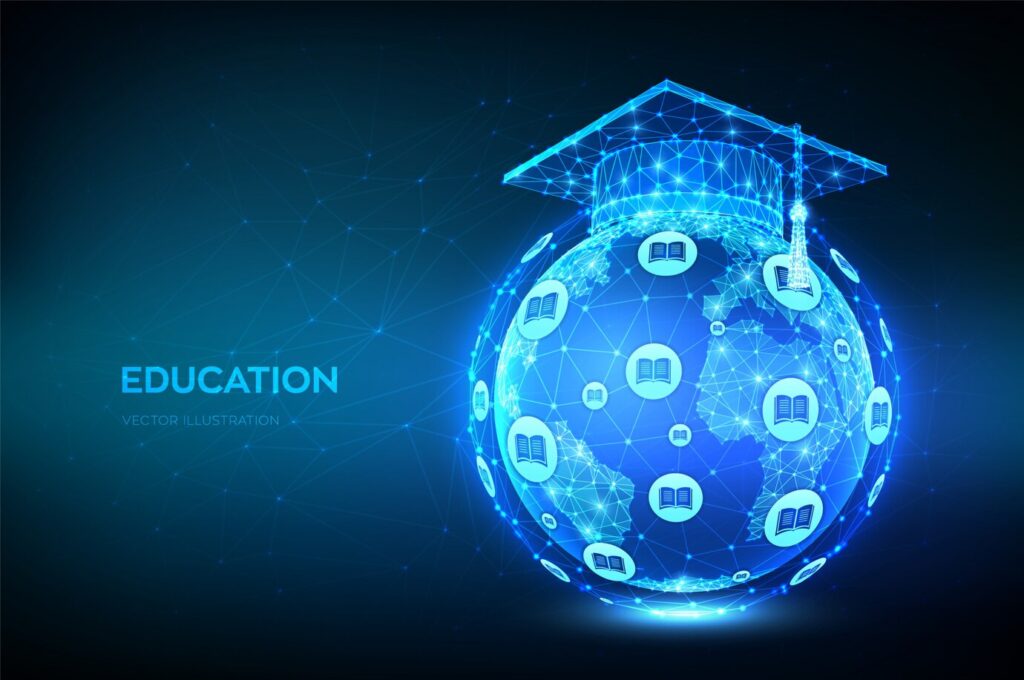The landscape of global education is rapidly evolving, and as we approach 2025, there are several key trends that will shape how education is delivered, experienced, and valued across the world. These trends are not only influenced by advancements in technology but also by shifts in societal expectations, the global economy, and evolving educational philosophies. This blog explores some of the most significant upcoming trends in global education, providing insights into how schools, universities, and learners can prepare for the future.
- Emphasis on Hybrid Learning Models: With the disruption caused by the COVID-19 pandemic, hybrid learning models that combine both in-person and online learning have gained tremendous popularity. In 2025, hybrid learning is expected to become even more mainstream, with educational institutions offering flexible learning environments that allow students to engage with coursework both physically and virtually. This approach provides students with greater flexibility and access to learning opportunities regardless of their location.
- Personalized Learning Experiences: The shift towards personalized education is one of the most significant trends in recent years. In 2025, technology will enable even more customization in how lessons are delivered, making it easier for educators to adapt to individual students’ learning styles, speeds, and needs. Artificial intelligence (AI) and machine learning will play a key role in creating personalized learning pathways that cater to each student’s strengths, interests, and goals.
- Integration of Artificial Intelligence and Automation: The use of AI and automation in education will continue to grow in 2025, improving everything from administrative processes to curriculum design. AI-powered tools will help educators identify student progress, predict learning outcomes, and even create more engaging and interactive content. Automation will also reduce administrative burdens, giving teachers more time to focus on teaching and student interaction.
- Rise of EdTech and Virtual Reality: EdTech tools, including virtual and augmented reality (VR/AR), will transform how students experience learning. In 2025, students will be able to engage in fully immersive learning experiences, whether through virtual field trips, simulated environments, or hands-on learning activities that allow them to interact with 3D models. These technologies will also support skills development, particularly in fields like medicine, engineering, and architecture.
- Focus on Lifelong Learning and Skill Development: As the workforce continues to evolve, there will be a growing emphasis on lifelong learning. By 2025, individuals will be expected to regularly update their skills to stay relevant in an increasingly automated and AI-driven job market. Microcredentials, online certifications, and boot camps will play a significant role in helping people acquire new skills and transition to different careers throughout their lives.
- Globalization and Cross-Cultural Education: Global education will increasingly focus on equipping students with the skills needed to navigate a globalized world. Students will not only learn academic subjects but will also be exposed to a variety of cultural perspectives, fostering international collaboration and understanding. This will be especially important as the world faces global challenges that require cooperation across borders.
These trends will redefine the way we think about education in the coming years. By embracing technological advancements, prioritizing personalized learning, and encouraging lifelong development, the future of education looks more dynamic and inclusive than ever before.



